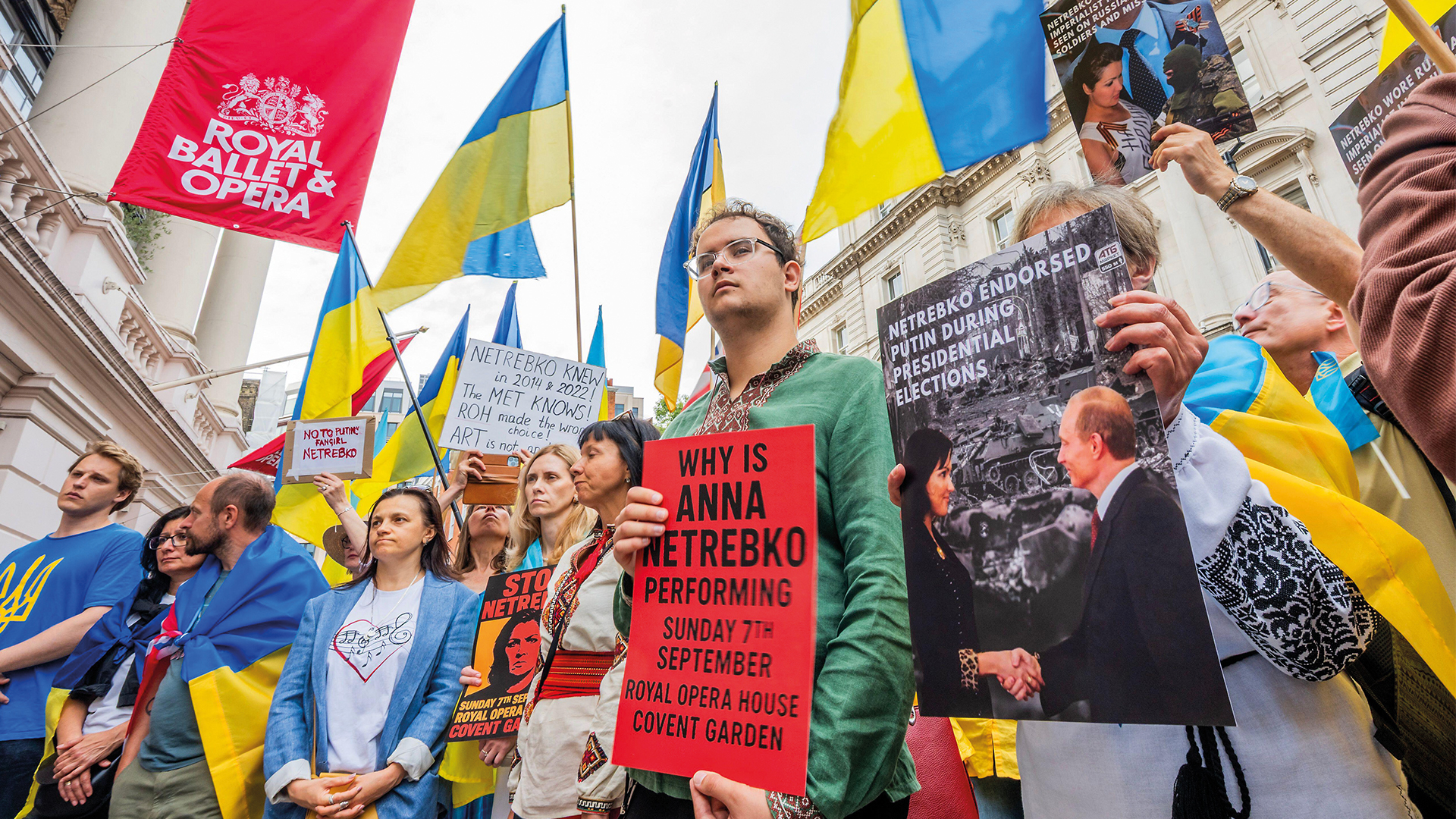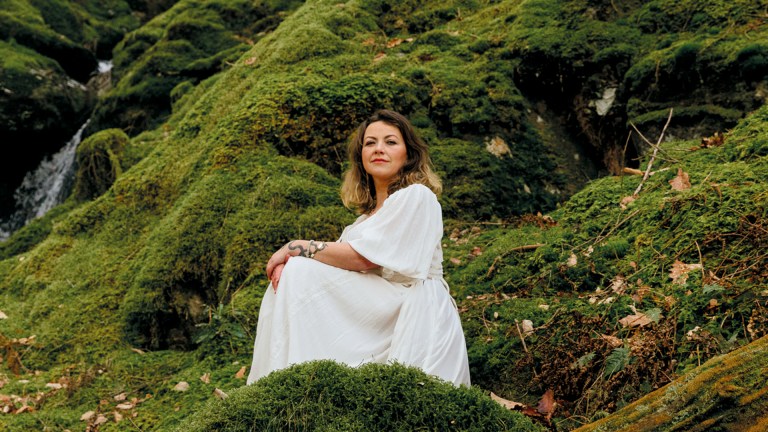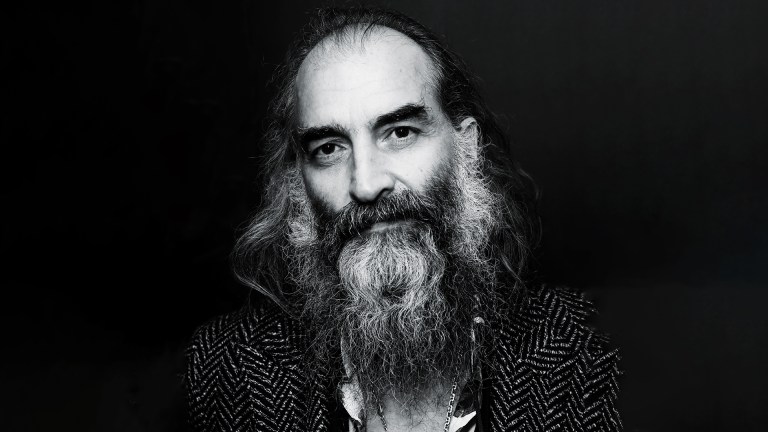In other circumstances, it would be heartening to see an opera getting national attention. Yet once again, the recent buzz around Covent Garden concerns politics rather than performances.
The latest furore follows the Royal Opera’s decision to cast Anna Netrebko in a new production of Puccini favourite Tosca (until 7 October; with Aleksandra Kurzak sharing the title role). The Russian soprano is a major draw, filling opera houses around the world. She’s also accused of supporting the invasion of Ukraine after a photograph taken in 2014 – still available on X – appears to show her holding the separatist flag.
Get the latest news and insight into how the Big Issue magazine is made by signing up for the Inside Big Issue newsletter
In response, Netrebko claimed not to know what the flag (nor donations to the Donetsk Opera Theatre) meant, but when war escalated, several organisations dispensed with the soprano’s services. Not the Royal Opera. Its Tosca, conducted by incoming music director Jakub Hrůša, has the strapline: ‘The splendour of Rome. The devastation of war.’ Protesters who gathered outside the opera house ahead of Nebrenko’s opening night argued that management had forgotten the devastation of a real-life war. ‘While Netrebko sings, Ukraine bleeds’ read one sign; ‘Behind the curtain [are] blood and tanks’ claimed another.
Valerii Zaluzhnyi, former military commander in chief and now Ukrainian ambassador to the UK, called the performance a “betrayal”, writing that “Artists like Netrebko are the Kremlin’s ‘soft power’, an instrument to make the world see Russia not as an aggressor, but as a country of ‘great traditions’… I am not calling for censorship. I am calling for memory and honesty.”
Netrebko, now based in Austria, has distanced herself from Putin, with official statements condemning the war. Yet she remains a cultural symbol of the regime, and the Royal Opera’s decision to include her is at odds with its recent suppression of a cast member’s support of Palestine because it has a “commitment to political impartiality”.





